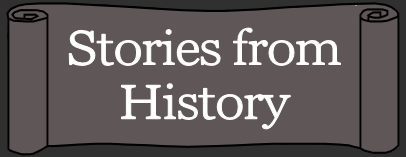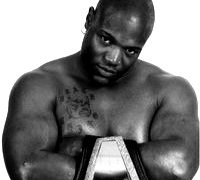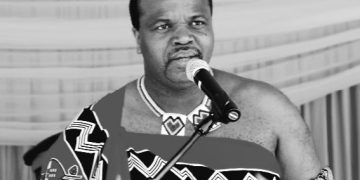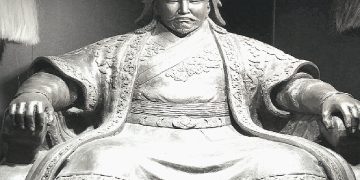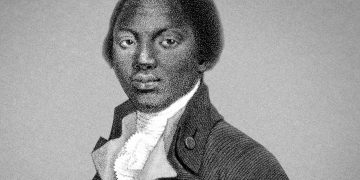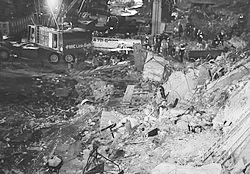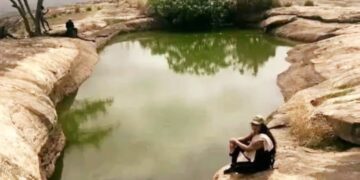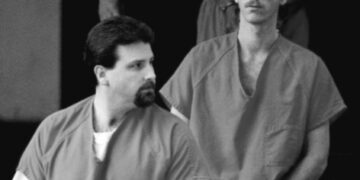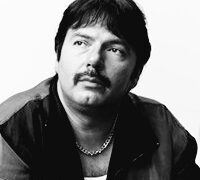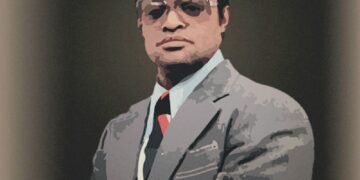Eamon de Valera was born on 14th October 1882 in Manhattan, New York to an Irish mother and Spanish father. As a young infant he was sent to live with his mother’s relatives in Limerick.
He attended Blackrock College in Dublin where he studied languages and mathematics and played for the school rugby team. He graduated in mathematics and began working as a mathematics teacher.
During his college and university years de Valera had developed a strong sense of Irish nationalism and a deep hatred for the British and their interference in Irish affairs. He was a strong supporter of the Irish language and joined the Gaelic League where he met his wife, Sinead.
In November 1913, de Valera joined the Irish Volunteers, a group formed to counter the Ulster Volunteers. In 1916 he was second in command of the Easter Rising which was an attempt to overthrow British rule and make Ireland a republic. The Rising failed and the leaders were publicly executed. De Valera imprisoned rather than executed because he was an American citizen.
He was released from prison in 1918 and stood as Sinn Fein candidate in the General Election. Although Sinn Fein won a huge majority they did not take up their seats in Westminster but instead formed an Irish Parliament – Dáli Éireann with de Valera as its leader.
In 1919 de Valera returned to America and launched a campaign to raise money and support for Sinn Fein. He returned to Ireland with around £1 million much of which was used to form an Irish Republican Army. A delegation led by Michael Collins was sent to London to negotiate terms for Irish independence. The resulting Anglo-Irish treaty led to a partitioned Northern Ireland remaining under British control while the rest of Ireland became independent. De Valera objected to the terms of the partition agreement which led to a split in Sinn Fein and Civil War.
After the Civil War ended de Valera formed a new party Fianna Fáil which, by 1932, had become the largest party in the Dáli Éireann. He was instrumental in removing the requirement for Ireland to maintain an Oath of Allegiance to Britain and had established an independent Ireland. He remained in office as Prime Minister of Ireland until 18th February 1948 when he resigned after Fianna Fáil lost the election. He was returned to office twice more 1951-1954 and 1957-1959 before retiring as party leader. He went on to serve as President of Ireland from 1959-1973 before retiring at the age of 91. He died two years later.
